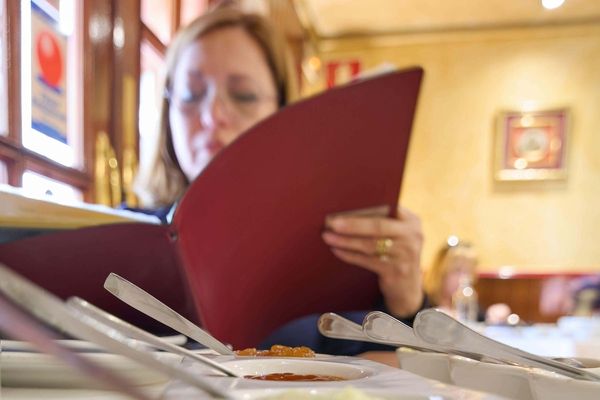The owner of a Welsh holiday cottage has warned that they may need to give out free breaks to meet new letting rules here. Holiday lets used as businesses can pay rates instead of council tax - savings thousands of pounds - but the criteria to qualify as a business has tightened.
The rules changed in April meaning that the occupancy threshold to qualify went from 70 to 182 days, while local authorities also have the powers to increase the council tax premium to 300%, although 150% is the highest premium charged so far.
There have been warnings that it will mean some holiday let businesses will be forced to close, and one self catering cottage owner warned: “By October, if we haven't met the 182 days, we might find ourselves needing to give holidays away. No-one wants to work for nothing. It's a big concern.”
Another said: "I have had to keep my prices low to bring customers in to fill the 182 day requirement so I'm not expecting a hugely profitable year this year.”
Read more: Welsh Government announces when tourists will have to pay a tax to stay in Wales
Welsh Government said the measures will help to support people to live in their local communities by reducing demand for second homes.
A new report has now been released on the current state of the tourism scene in Wales - with warnings in there about the impact from the lettings changes and also the proposed tourism tax.
The Welsh Tourism Business Barometer gives a snapshot about how the industry is performing. It has been a quiet start to the year in comparison to 2022 with a variety of factors at play.
The figures show 18% of businesses have had more customers to date this year than in the same period last year, 38% have had the same level, but 44% are down. Hospitality and attractions are faring reasonably well but accommodation sectors are not. The report says it is a similar situation in other parts of the UK.
Unsurprisingly the biggest concern is the cost of living crisis - which is both impacting businesses and their customers, who have less money to spend on breaks. Poor weather earlier in the season was also blamed - with the survey done before the recent sunny spell.
Forward bookings for the summer are also down on last year. One person commented that "People seem to either have the money to go abroad and are doing that, or don't have the money to do anything at all”.
One positive was an uptick in overseas visitors. The overall downturn is not universal either with some operators up on last year and very positive about the year.
While costs are the biggest concern (49%)- a sizeable proportion (24%) cite Welsh Government's tourism policies as a worry - with a higher proportion when this is broken down to just the accommodation sector.
The report said: "There are several Welsh Government policies at various stages of development which are causing high levels of concern, most significantly the ‘182 day rule’. This could see many self catering operators become liable for paying a premium domestic council tax rate on a ‘second home’ instead of qualifying for non-domestic rates as they have been doing. Close to half (44%) of self catering operators have cited Welsh Government policies as a concern unprompted. The cited effects on operators include reducing prices to meet the required occupancy level, high levels of stress, and in some cases, ceasing trading."
This was reflected in the comments from businesses. These are anonymised for the report.
The proposed tourism levy is also causing some concern. Some operators say they believe it could hinder domestic tourism to Wales.
A North Wales caravan park operator said: "A lot of our customers are worried about the tourism tax. We've been told that they've booked their holidays for Wales before the tax comes into play.”
Another park in the region stated: "We're on the border [with England] and have been directly told from some of our normal seasonal customers that they might reconsider holidaying in Wales should a tourism tax come in.”
There were positives in the report about the increased use of Welsh food and drink - with 80% of operators in North Wales selling local produce where they can. The ones that weren't tended to be UK chains.
One said: “We are a Welsh pub owned by an English brewery so don't get to sell Welsh food and drink." Another added: "We don't tend to sell Welsh food and drink as we have to stick to the Wetherspoons menu."
More work is also being done to ensure holidays are accessible for everyone. The majority (70%) of businesses have taken action to make their business more accessible for people with accessibility needs.
Read next:
Teenager dies in e-bike crash after being followed by police
Police issue dispersal order for Welsh beach after anti-social behaviour complaints
The moment a 'silly argument' between two friends became a fatal attack
Tourist tax 'could generate £428m' for councils by adding £1 a night onto hotel bills
Fears new 'tourism tax' will cut the number of UK people holidaying in Spain







